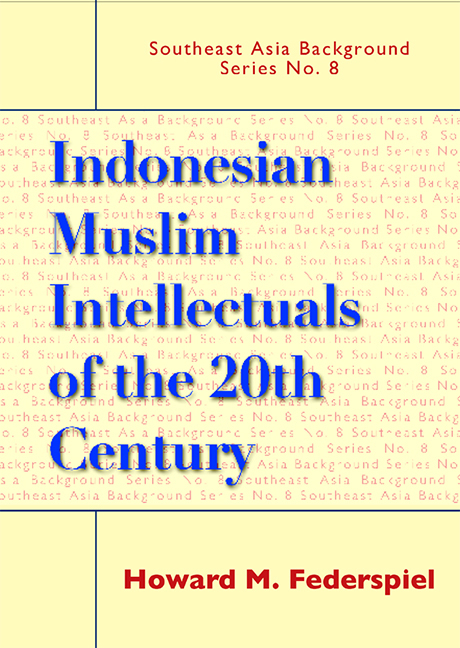1 - Introduction
Published online by Cambridge University Press: 21 October 2015
Summary
There are some matters in Islam that are defined in great detail and remain strongly resistant to change. Prayer and other rites of worship, dating to the seventh century, are witness to that continuity. The belief in a never-changing law of God is unchallenged among Muslims. On the other hand, there is a rich intellectual tradition in Islam where historically Muslims have explored, probed, and analysed to expand knowledge. The scholars of the Islamic Golden Age in the ninth to thirteenth centuries at Baghdad and Andalusia were widely known throughout most of the world and were highly influential in creating the classical flowering of Islamic civilization. The physician and mathematician Ibn Sina (d. 1037), the philosopher Ibn Rushd (d. 1198), the geographer al-Mas'udi (d. 956), the historian Ibn Khaldun (d. 1406), the man-of-letters Ibn Hazm (d. 1064), and the biographer Ibn Khallikan (d. 1282) were leading contributors to that great intellectual adventure. Each made significant contributions to human knowledge.
More important to this study, there were also political thinkers during that era, notably al-Farabi (d. 950), al-Mawardi (d. 1058), and Nizam ul-Mulk (d. 1092). Al-Farabi envisioned the perfect society ruled by an educated elite, where every citizen was placed where he would do the best job for the good of all. Al-Mawardi suggested that the ruler should be chosen by the leaders of society based on his moral awareness, religious knowledge, and wisdom. Nizam ul-Mulk outlined the practical sense and strength of leadership that the good ruler should develop. Even as Muslims revere their law and their commitment to worship, they have been equally proud of this history of intellectual exploration and accomplishment.
Within Southeast Asia there have been centres of Islamic culture as well, particularly in arts and letters. Melaka in the fifteenth century, Aceh and the north Java cities in the sixteenth century, Palembang and Makassar in the seventeenth century, and central Java from the fifteenth to nineteenth century all provided illustrious royal courts, scholarship, and promotion of several art forms.
- Type
- Chapter
- Information
- Publisher: ISEAS–Yusof Ishak InstitutePrint publication year: 2006



